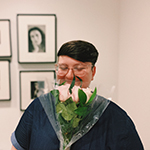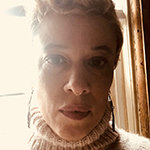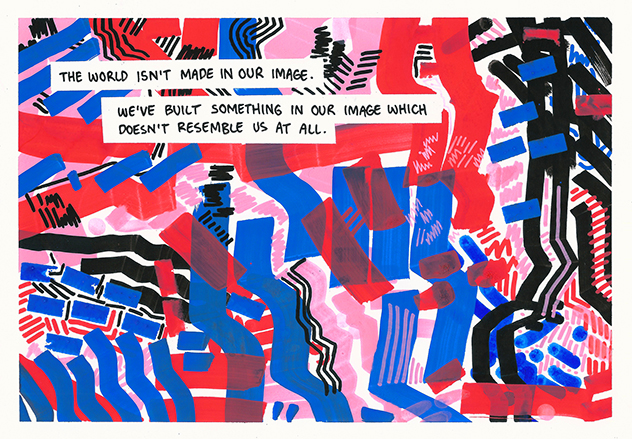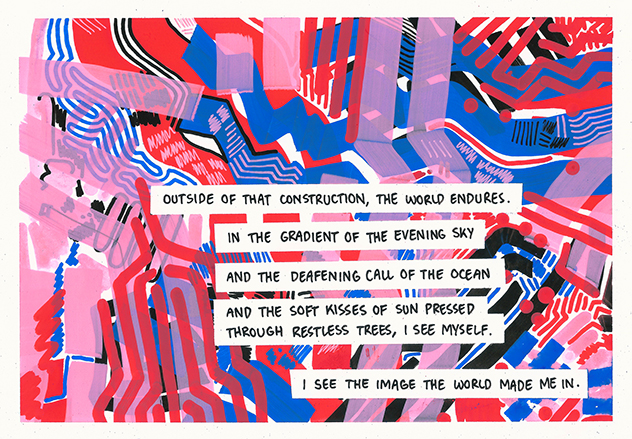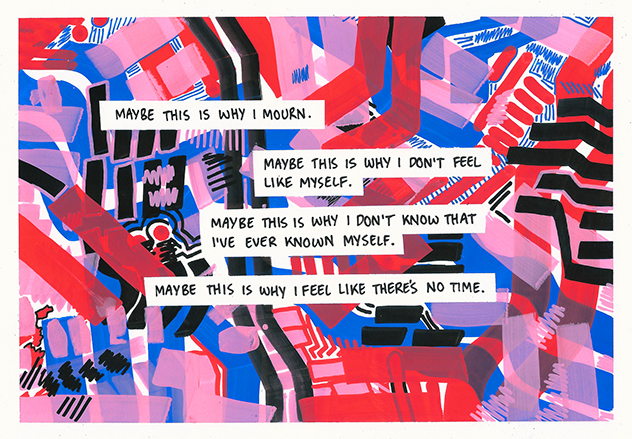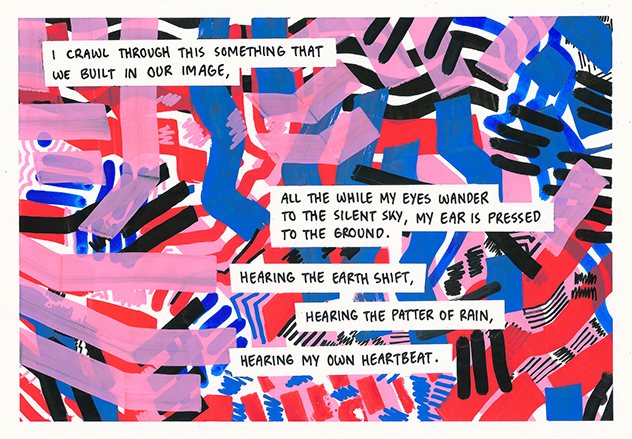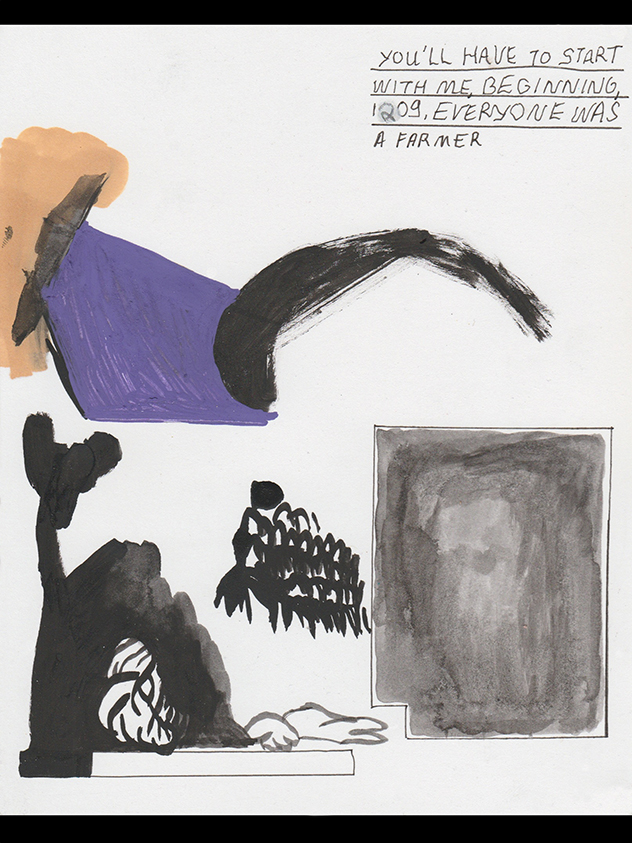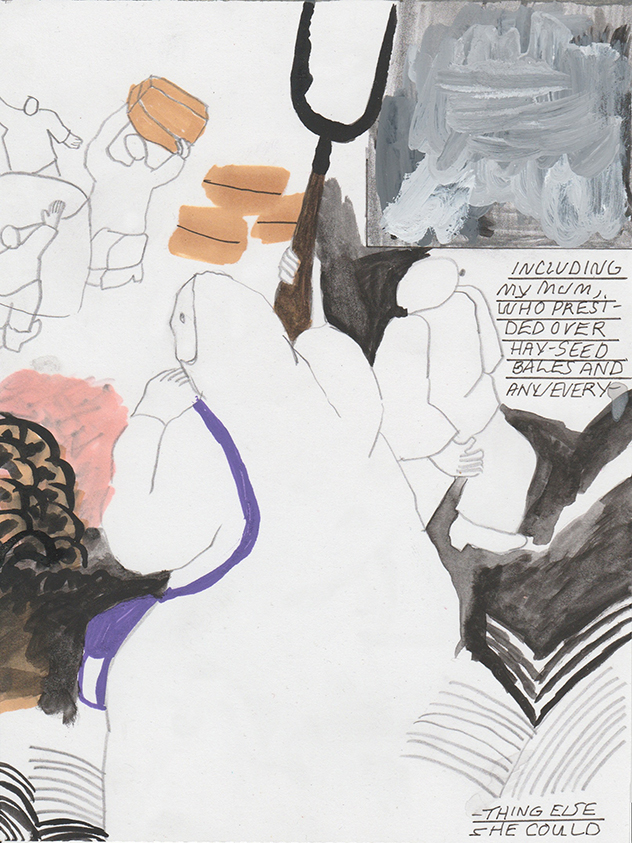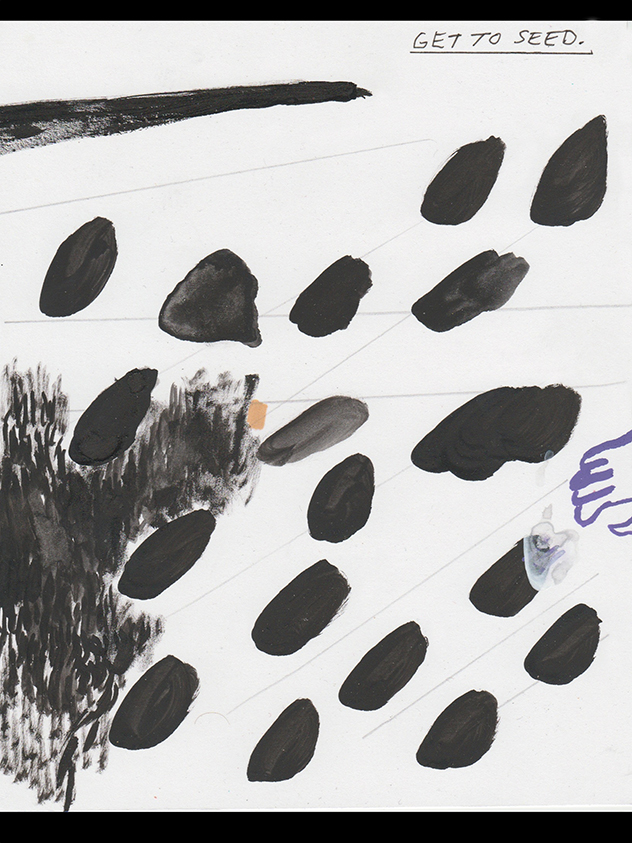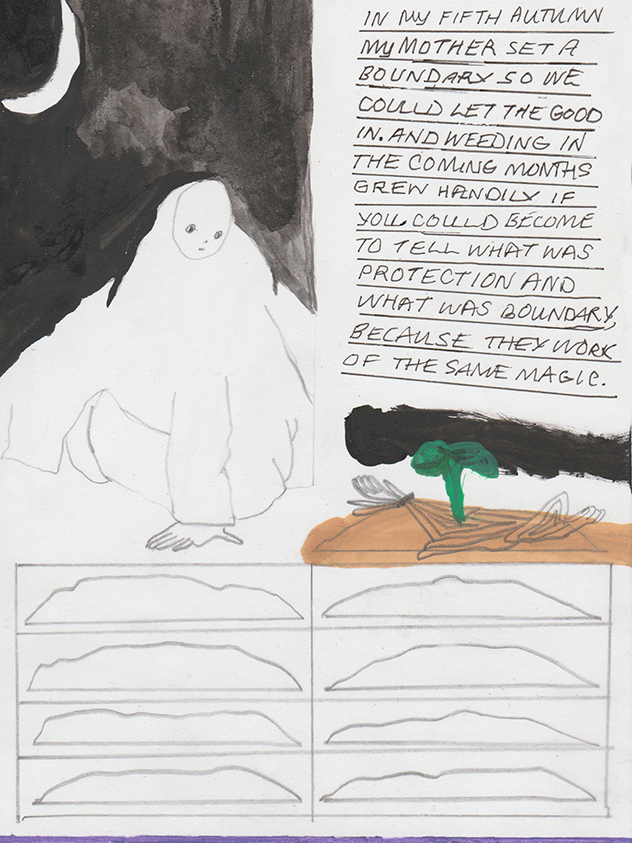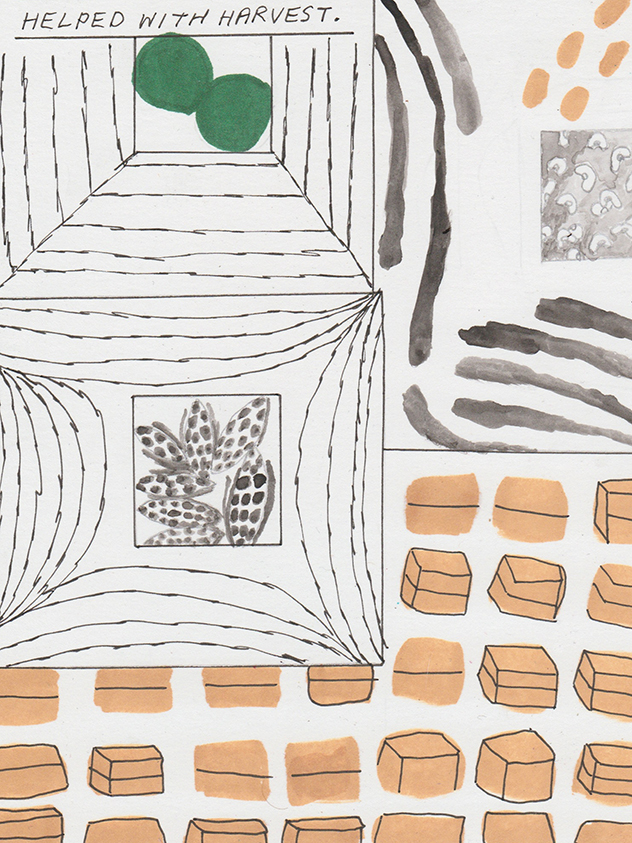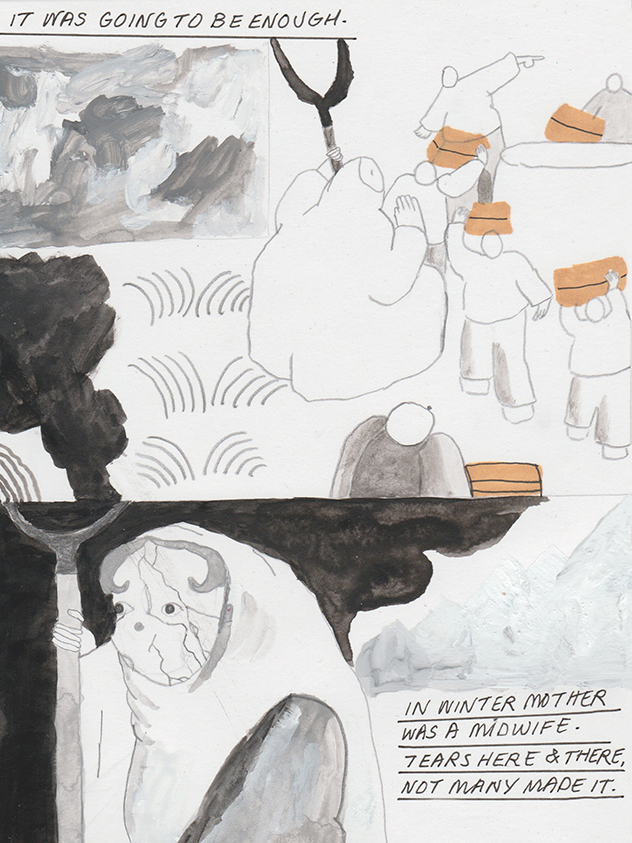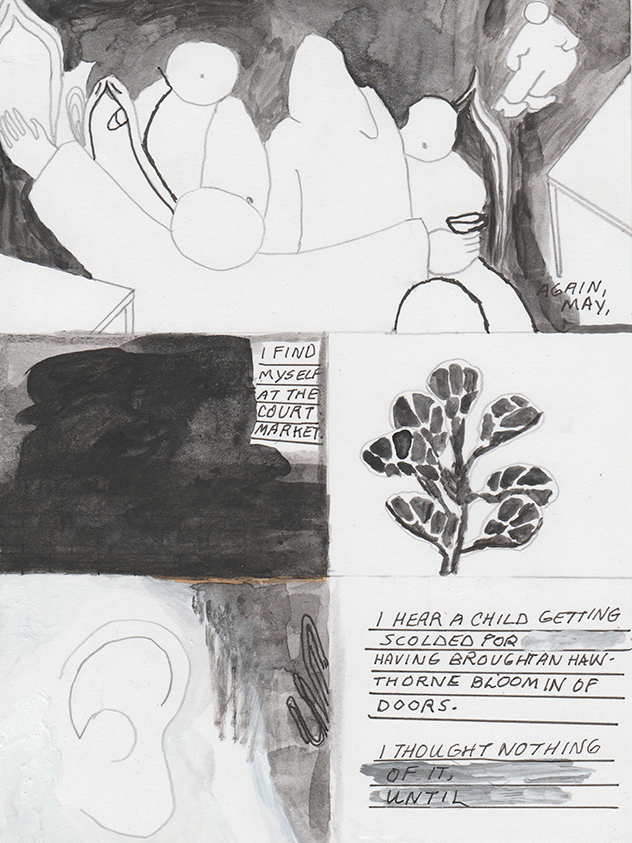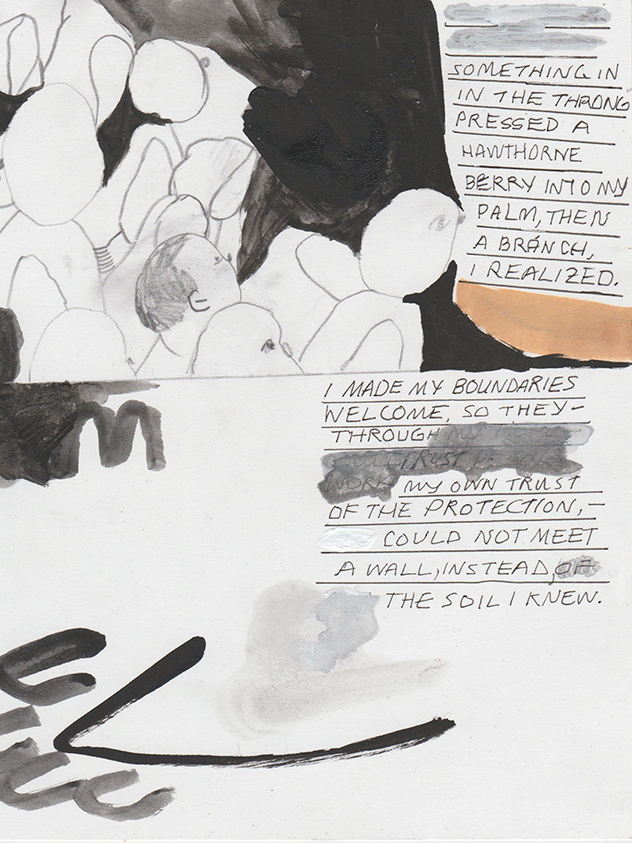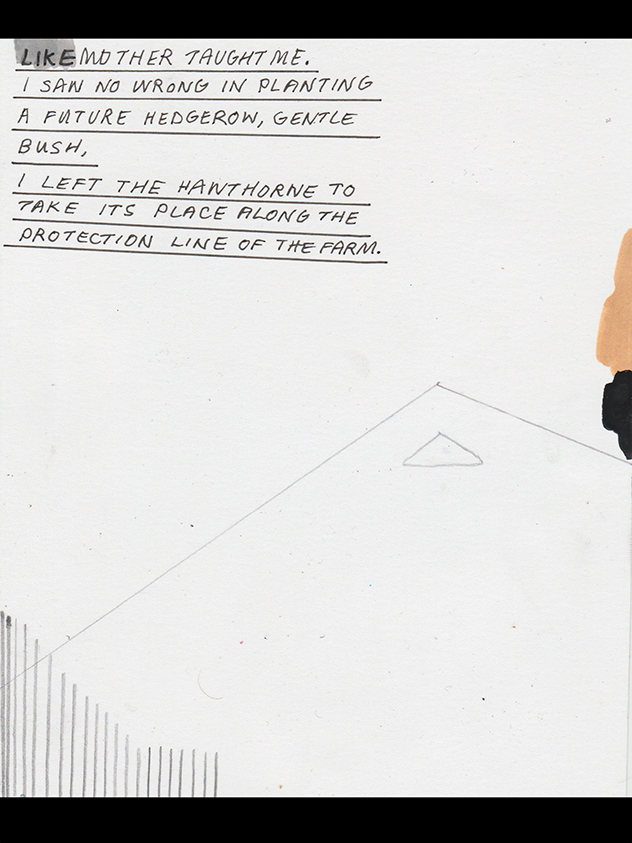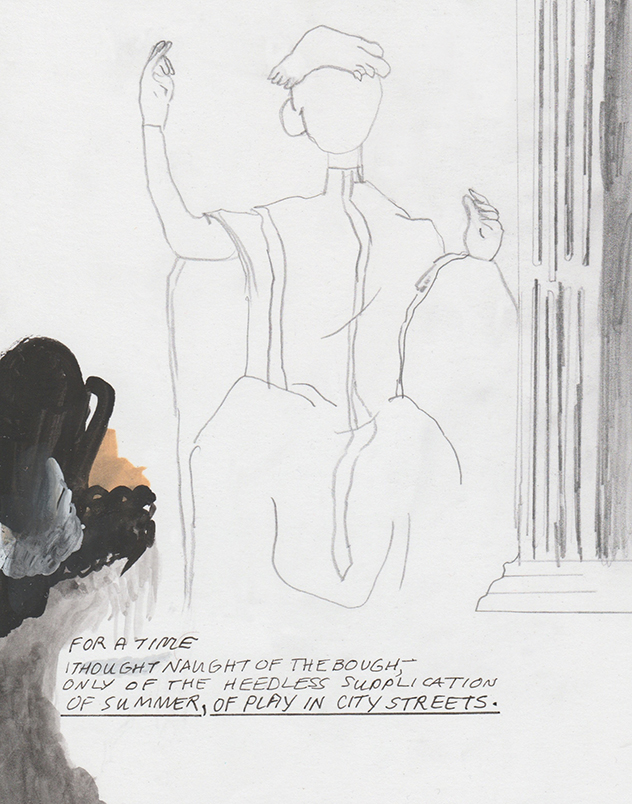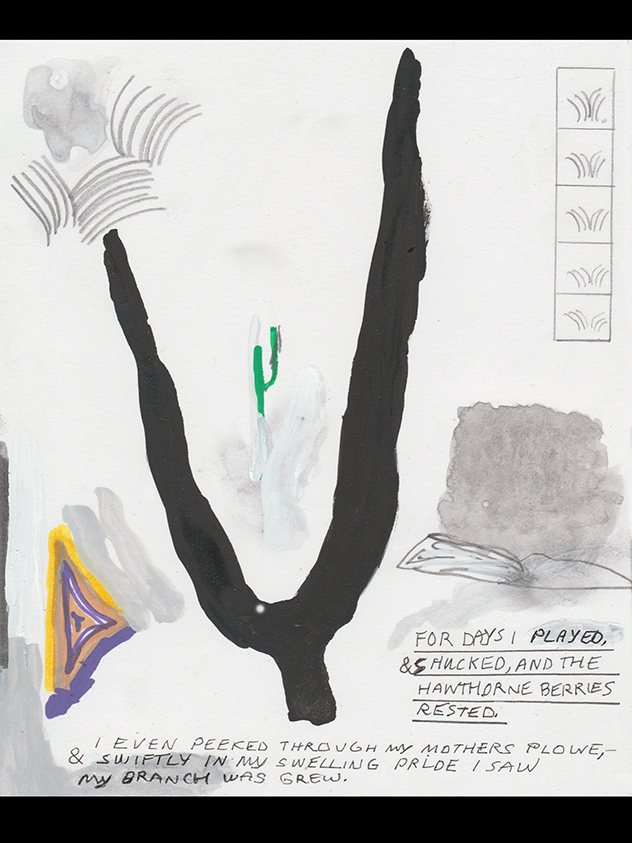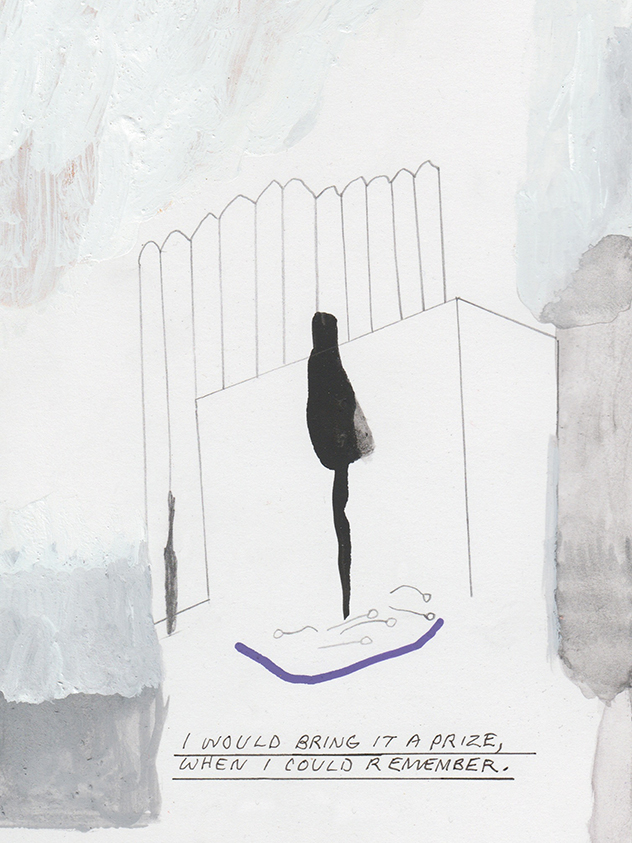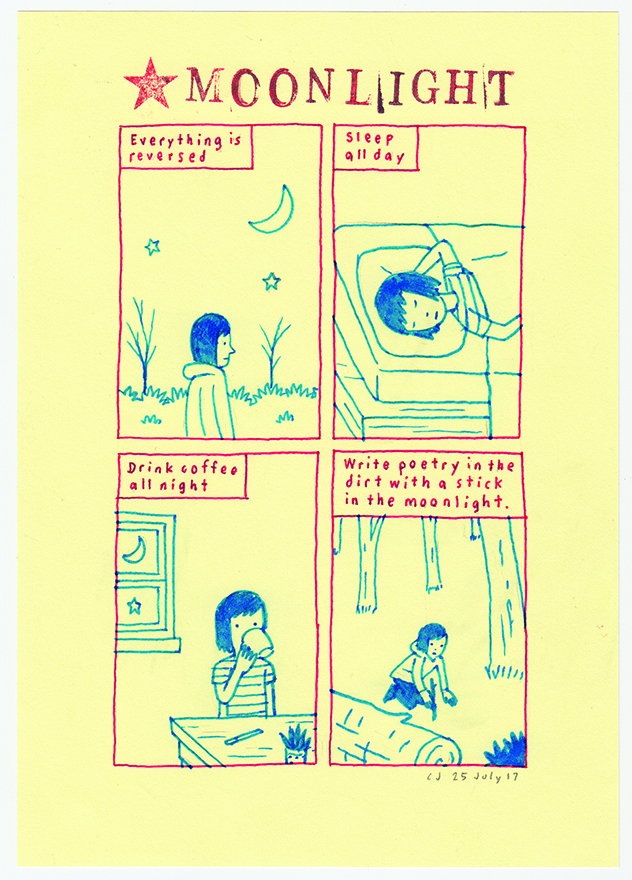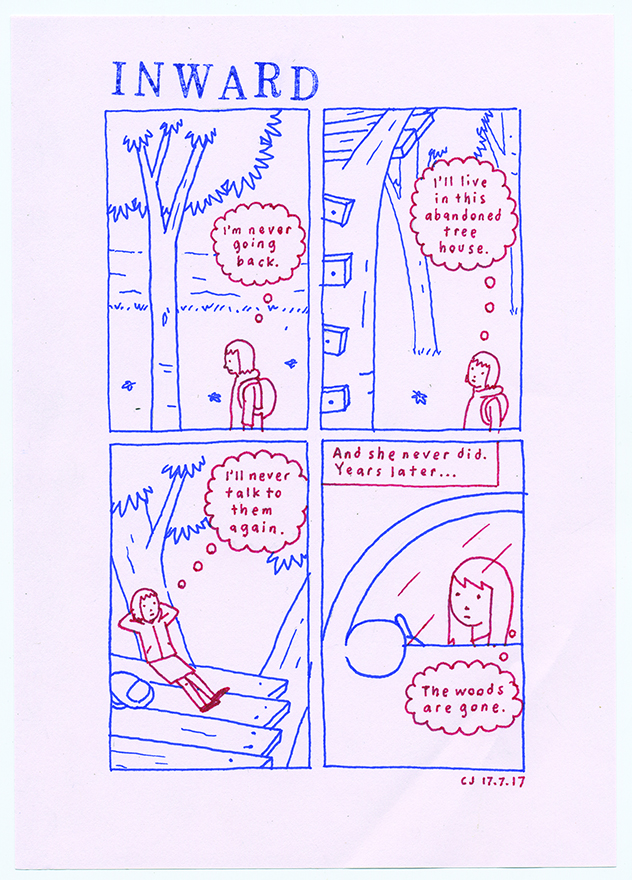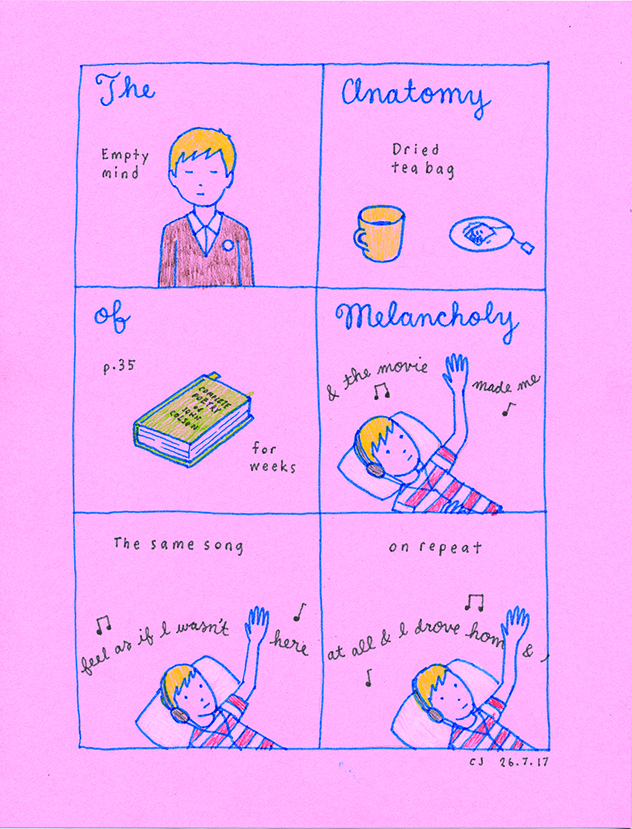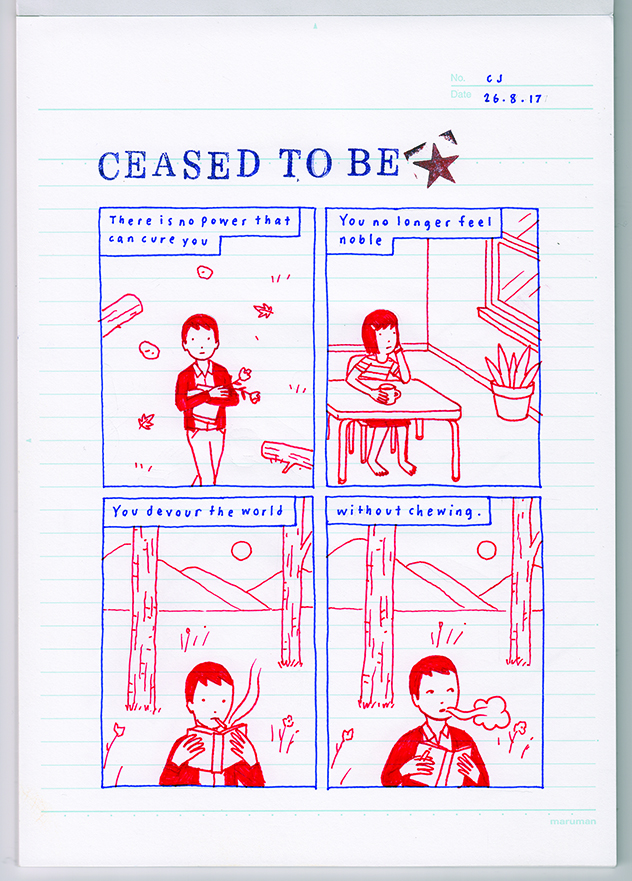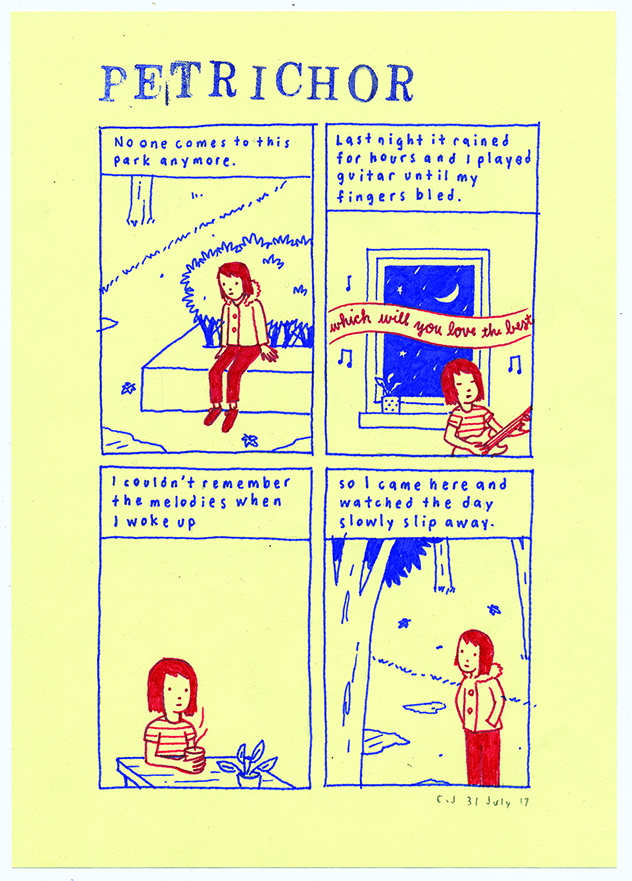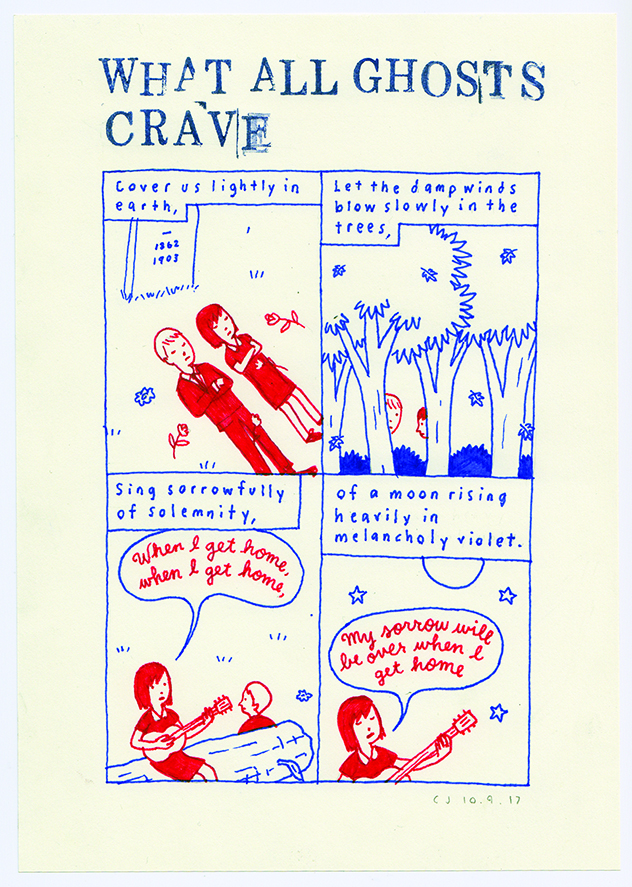Top Shortage
Oracles are just bratty bottoms for the gods,
I tell a seer friend after reading signs
I’ve locked my heart away too hard.
The tarot reading roasts my ego.
It says I’m seeking the kind of stability
that only looks like stability; relying
on my work to save me will lead me
once again to ruin. How dare you come
for me like this. On the queer cruising group,
every top gets swarmed. Here, as everywhere,
the handsome white tops get swarmed most
and by the whitest congregants. We’ve run
so far from the banks and churches
and entrenchments of fascism just to seek
another fuck me daddy jesus,
one who this time will be kind
after we’re broken. Yes, I want kindness,
a spark hot enough to pin me blinded
to the wall. In the solitude I choose,
my gods are blunt. They love how I run
from them as though the heart were not round
as the earth that owns it. It’s true, I see my work
everywhere. I’ve got a lot riding
on this grouchy witch schtick,
trying to find the right words to shatter
through to a better world.
My friend is right that nothing is less
like salvation. Still, I am angry
with all these quartz-clutchers hexing
the patriarchy from a safe distance,
having made no sacrifices, as though
the earth were here for our bullshit,
as though that weren’t how our rulers
came to rule us in the first place. I’m ashamed,
too. I’m not a particularly good oracle;
everything I have to say is obvious.
The kind of spell it takes to overthrow
a dictator is the kind you cast
with your fists, and here I am banking
on books, hoping we’ll need both
because I’m not a top. My fist
is mediocre. Come to me, crush me, force me
into my body. They say the Sybil’s prophecies
were so weird because they built
her temple over a sulfur crack
and she was always breathing poison.
I wonder if we’re so different, this banal empire
that leaves fissures with every step,
the lives we spend cursing and blessing
each other in its footprints. The veil
between the worlds is thin,
but not thin enough to fuck through.
The gods can boss us, but they can’t
make us free each other. They can’t bind us
as we hunger to be bound.
Insomnia
We spend a third of our lives
in bed, says every mattress ad, so why not
etc. Were I a man I might better
belie the claim, slip on my shoes as I have longed
to do and walk and walk through a softened
night, the water-sweet of summer
or perfect silence and swirling scrim
of snow. Twice in my life I have gone
and caught in my open-eyed net the hour
when all the light is the dim blue of a vein: the first,
getting up for school to find it canceled
by an ice storm, and instead of returning
to bed venturing into the stillness of a street
turned treacherous crystal, reveling
in its secret glitter under starlight. The other time,
sleeping in the yard with a friend so we could wake
and walk together, protected by pairing, scaling
a steep hill in the park to watch the sun
rise over the soccer field. I know now we bet
on our skins and zip codes to save us
from our shapes. I can’t calculate
the sum of all I’ve given up
to fear, or what others have lost in fear
of me. Were I a man I would still need
this face like milk should I wish truly never
to be hunted. As it is, I twist in near-dreams
as a fish flips desperate in the inch of sour water
at the bottom of a rowboat. When I snap awake,
line cut, hook still buried in my jaw, I watch women
doing their makeup, for art, for pleasure,
to be recognized as lovely or as women at all.
I watch cakes being decorated, wood
sanded down, an endless, numbing stream
of camouflage, and between the compilations ads
extolling or decrying latex, sheathed microcoils, memory
foam. Just the right firmness, just the right give.
Cradles your pressure points. You deserve
a better night’s sleep. I wonder who else is lying
awake, watching. Our restless legion,
all our traps. Even in the dark we are imprisoned
and imprison inside someone else’s clockwork.
Give us the moon, you cowards. Give it back.

Fiona Chamness is writer and musician from Ann Arbor, Michigan. Her work is published or forthcoming in PANK, Blood Lotus Journal, the Bear River Review, Radius Lit, Muzzle Magazine, Midwestern Gothic, HEArt, Nailed, VINYL, the Beloit Poetry Journal, Prairie Schooner, and the Indiana Review, as well as in several anthologies and in the poetry collection Feral Citizens, co-authored with Aimée Lê. She received the Beloit Poetry Journal’s Chad Walsh Prize in 2014. She also performs as a solo musician and with queer feminist punk band Cutting Room Floor. She is currently an MFA candidate in Creative Writing at Rutgers University, Newark.

 BACK TO ISSUE
BACK TO ISSUE



